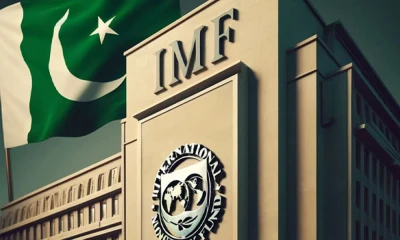Business
Power tariff hiked by Rs1.68 per unit
The federal government on Friday has approved an increase in the power tariff by Rs1.68 per unit, in a bid to remain in the International Monetary Fund (IMF) programme—reneging from a four-month-old stance to not further raise the rates.
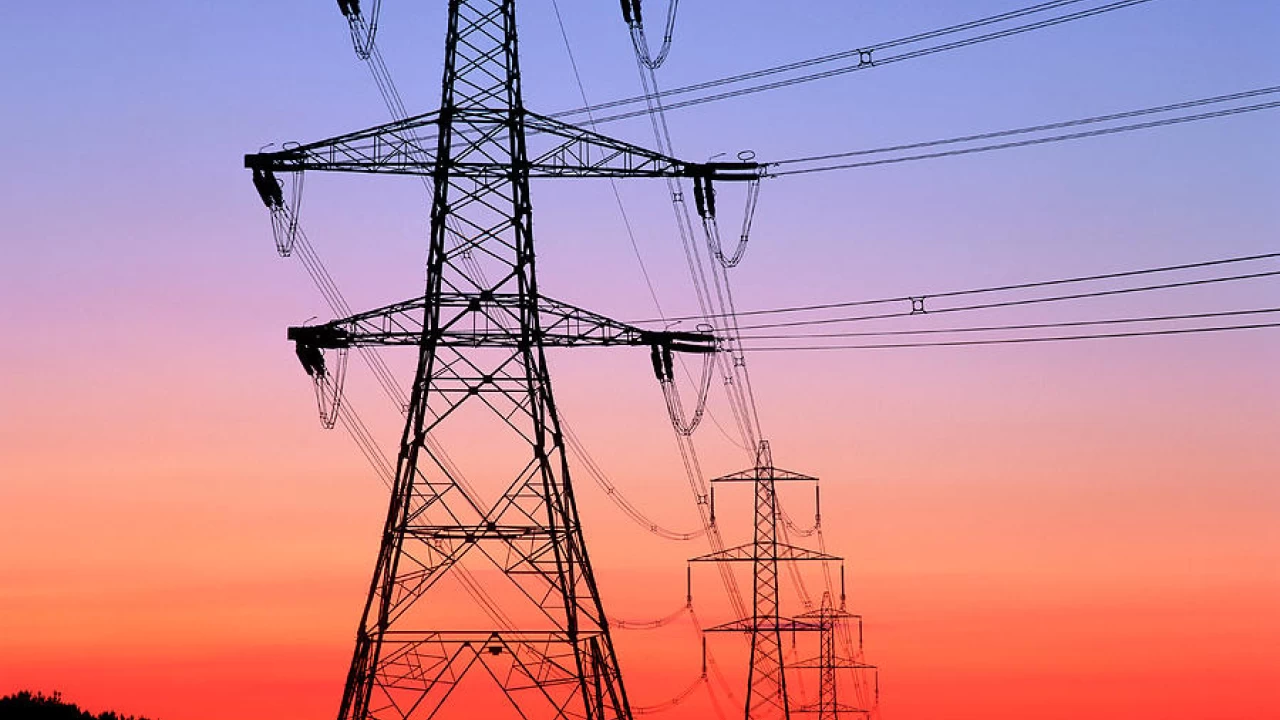
Islamabad: The federal government on Friday has approved an increase in the power tariff by Rs1.68 per unit, in a bid to remain in the International Monetary Fund (IMF) programme—reneging from a four-month-old stance to not further raise the rates.
Reports quoting sources said, the federal cabinet approved the increase in power tariff through a circulation summary sent by the Ministry of Energy for approval.
According to the summary, the maximum per-unit electricity price is proposed at Rs24.33 per unit for domestic consumers.
Moreover, the power tariff decision will result in the reduction of electricity subsidies by Rs72 billion during the remaining period of this fiscal year.
The government seemed not to have an option but to accept the IMF’s conditions due to increasing external sector vulnerabilities.
The decision to increase power will impose an additional burden of over Rs 90 billion on consumers.
It is pertinent to mention here that, it is the second time in the past nine months that the Pakistan government has decided to increase the electricity prices.
In February 2021, the government increased the electricity prices by Rs1.95 per unit on account of annual tariff adjustment.
-
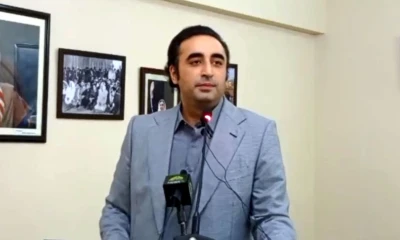
 Pakistan 1 day ago
Pakistan 1 day agoBilawal blames PML-N of not fulfilling political agreements
-
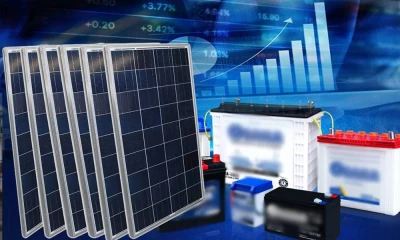
 Business 6 hours ago
Business 6 hours agoPrice of solar batteries decline after record drop in panels’ price
-
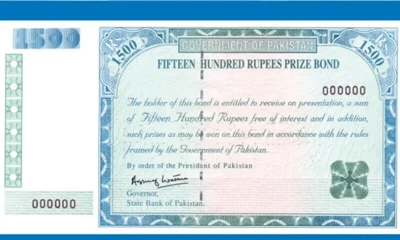
 Pakistan 1 day ago
Pakistan 1 day agoLucky numbers of Rs100, Rs1,500 prize bonds announced
-

 Regional 1 day ago
Regional 1 day agoPPP wins 8 seats in Karachi by-elections
-

 Sports 1 day ago
Sports 1 day agoKiwi fast bowler Tim Southee retires from Test cricket
-

 Crime 2 days ago
Crime 2 days agoTwo kids killed as device explodes in N. Waziristan
-
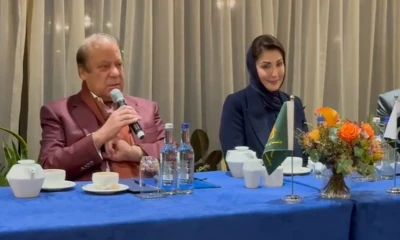
 Pakistan 2 days ago
Pakistan 2 days agoNawaz Sharif claims country on right direction
-
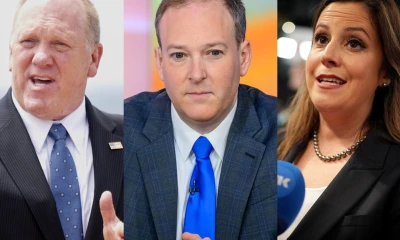
 Regional 1 day ago
Regional 1 day agoThe new (and familiar) faces staffing the second Trump administration


